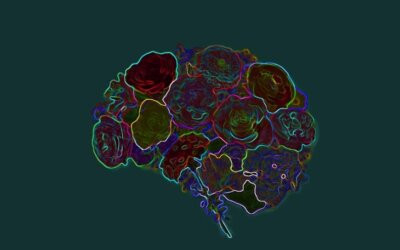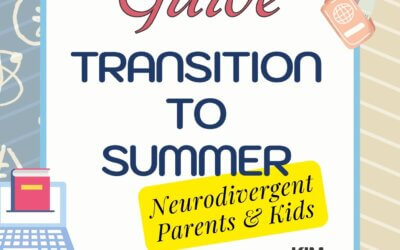The connection is clear: neurodivergent individuals are more likely than neurotypicals to be sex and gender divergent. Studies have found that Autistic people and AD(H)D’ers are three to six times more likely to be gender variant. Research results are similar for sexual orientation, with Autistic youth and adults far more likely to identify as asexual or aromantic than neurotypicals.
If you identify as neurodivergent and LGBTQ2SI+, you may experience sex and gender differently than your neurotypical peers. For instance, identity categories may hold little intrinsic meaning to you. You may not fit in with ‘mainstream’ LGBTQ2SI+ groups. You may not know what your identity even is.
It’s hard enough to find service providers who understand your neurodivergence OR your sex or gender identity. How do you find someone who understands neurodivergence AND sex and gender?
At Scattergram, we understand these intersections and we’d love to help you connect the dots of your identity.
Connecting
The Dots
Are Neurodiversity and Sex and Gender Diversity Connected?
The connection is clear: neurodiversity and sex and gender identity are connected. Finding the right counsellor who understands these intersections is vital.
What We Know:
Autistic people and AD(H)D’ers are three to six times more likely to be gender variant
Those who identify as neurodivergent and LGBTQ2SI+ may experience sex and gender differently than their neurotypical peers
A counsellor who understands these intersecting identities provides a safe space to explore questions around sexuality, gender dysphoria, pronouns, or transitioning




